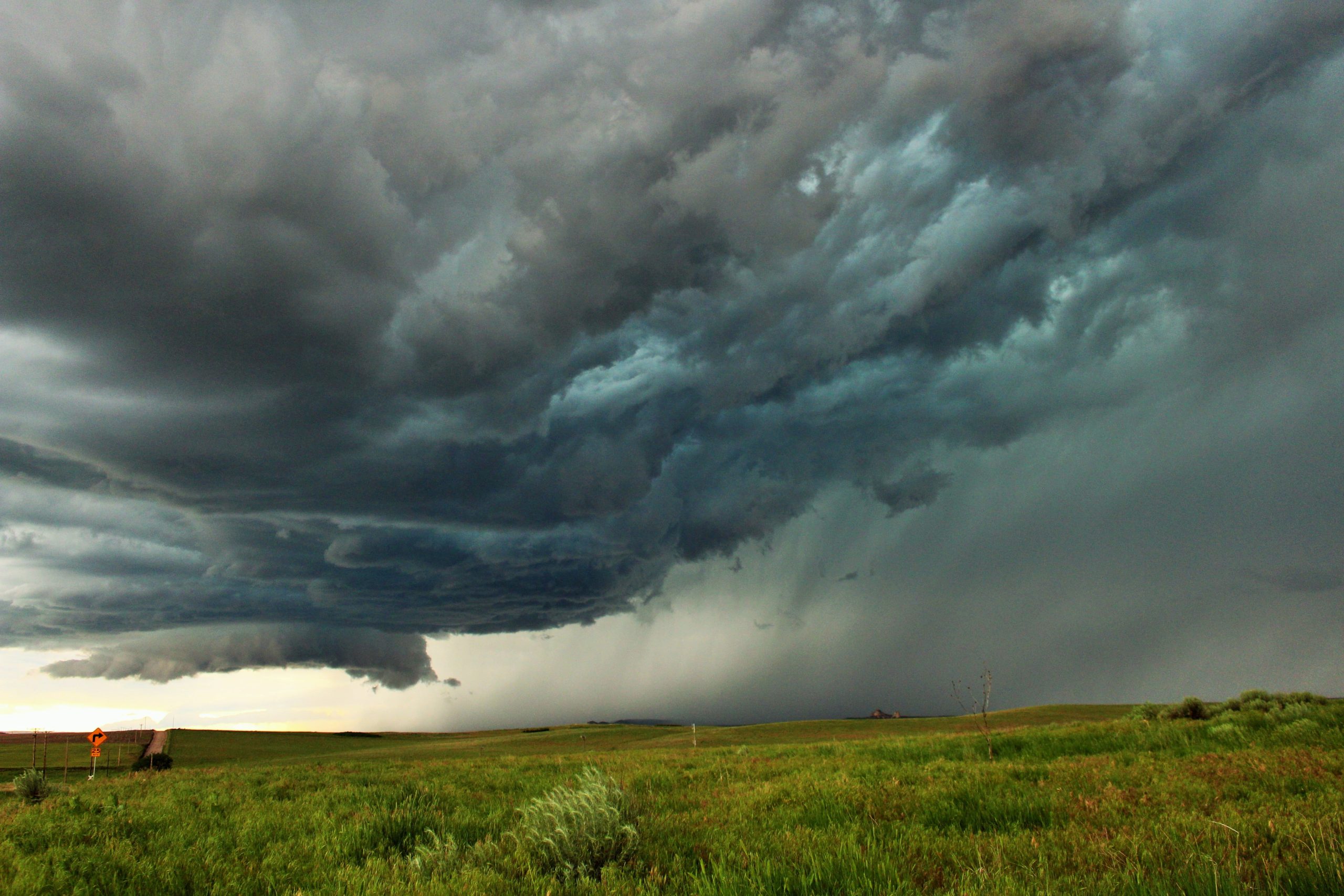As I sit here today looking out the window I see bending trees under the full force of the wind. It’s blustery today like we have not seen in a long time — the wind is fierce, and not at all pleasant. We shouldn’t be surprised at all by this as the cheery weather reporter last evening showed us the isobars closing together, a sign of what to expect. The wind blows where it wills and comes with force, as commanded by the One Who holds the seasons in His hand (Eccl 3:1-8).
This wind storm reminds me of the blustery times we live in, mainly because of the constant barrage of confronting circumstances that seek to unsettle our comfort and confidence. Watching or reading the evening news is just like standing in a blustery southerly on the Petone foreshore with horizontal rain that invades any protection one tries to wear. Browsing online news is also invasive, like the forceful westerly on the long, dark sands of Raglan beaches. And if you dare enter, social media pages are worse than a blistering blizzard in Boise, Idaho. I have lived in and survived each and do not prefer to dwell there any longer than necessary.
The confronting times we live in are like the force of the wind that makes our face sting. What is it that makes grown adults begin shouting at the wind, as if to change the course or force of what confronts them? Only fools shout at the wind.
As one who loves to read the Holy Bible, I find insight inside the conversation sullen Job had with his three friends, who were also full of wind and not able to shift the world. These three were chastised eventually, finally silenced in their stupidity, for they knew not what they spoke of and misrepresented God; a heinous error. God enters the conversation with a show-stopper modern day fools would do well to accept: “Who is this that obscures my plans with words without knowledge?” (Job 38:2) Too much wind coming from the unwise is merely words without knowledge, thus says the Almighty.
It is God alone Who commands the wind. He brings the storm and sometimes the chaos, (Ps 135:7), always seeking to draw those made in His image into a divine, enfolding embrace (Rev 21:3). And still we shout at the wind, inadvertently, or perhaps intentionally, seeking to avoid the purpose of the wind.
The abrasive caution from the Lord to Job and his friends would be a good warning for us to return within the realm of our own wisdom, for too often we speak of things we do not comprehend. I, for one, do not know the way to the abode of light, storehouses of snow, or how to cut a channel for the torrents of rain (Job 38: 19, 22,25). Reading further only gives ample evidence of man’s place before God. He is Creator and we are subjects (Job 42:1-6) and, more than that, all of creation is acquiescent to His purpose (Ps 50:6). Always.
While only fools shout at the wind, it must be accepted there is a better way. Demonstrated in Jesus, God-incarnate (John 1:1-4), we see what might appear to be a conversation with the elements of nature. I suggest we can look further into the narrative and find an acceptable action for us in the face of a confronting storm around us. Let us not be fools, let us be like Jesus.
A quiet boat ride in the evening was not foreign to the disciples of Jesus, for many of their number were raised on the Sea of Galilee. This lake, some 200 metres below sea level, is located within a cauldron, surrounded by mountain ranges that funnel the wind, causing the water to be stirred into a frenzy. An evening storm rises with lashing wind and rain, high waves crashing over the boat, and little hope for survival. In Matthew’s version of the story, the disciples feared for their lives (Matt 8:25). This storm confronted them and they were fearful. Jesus, however, slept.
While the disciples do not appear to shout at the wind, their behaviour reveals their heart. Jesus, once woken, asks a double-barrelled question, recorded for our correction: “Why are you so afraid? Do you still have no faith?” (Mark 4:40). Can I propose that merely shouting at the wind reveals the heart of the vocal one, which according to Jesus, reveals the presence of fear and the absence of faith.
What then would be our faith-filled response to the confronting wind and rain that comes to unsettle our comfort and confidence? Jesus wakes, rises from His cushion and shows us; “He got up and rebuked the wind and the raging waters; the storm subsided, and all was calm.” (Luke 8:24b)
Yes, Jesus rebukes the wind and the raging waters. Can I suggest there is a difference in His actions compared to contemporary vocal wind-shouters. Shouting at the wind is like pouring fuel on a raging, destructive fire — all that is achieved is a more destructive environment. Jesus, however, dismantles destruction.
Jesus knows the wind is evidence of a storm and therefore, I propose, He speaks to the chaos of the storm. Mark reveals this in his recording of the words of Jesus; “Peace! Be still!” (Mark 4:39). Jesus is fully aware the confronting wind and resulting storm is the result of spiritual chaos which must be calmed, and therefore He speaks “peace”, thus commanding the opposing spiritual forces to recede and come into submission to His authority.
In this we find our assignment (Mar 16:17-18).
Let us shift our activity as ambassadors of a higher authority. Let us destroy the work of chaos in our world, releasing peace and administering the reign of the Son.
So, I’m not listening to those who shout at the wind, for listening to fools makes me at risk of becoming one. Instead, I keep my focus on the Son Who is always shining. Even when a raging storm is present, the Son is always shining above the chaos. And, in His authority, with His permission, I can speak to the chaos and command “Peace! Be still!” When the sons of God work in the authority of God all opposing spiritual forces must respond, complicit in submission.

